I think we can see something about how exceptional Darwin was by looking at the room we’re in. This room was used by Darwin when he first moved into Christ’s College here in Cambridge in 1828. And, as far as I know, it is the only room in Cambridge that’s been entirely restored to the state that it was at a particular moment in history. It shows just how we think about Darwin and the significance of what he represents.
The exceptional influence of Charles Darwin
Director of Darwin Correspondence Project
- While a student, Darwin left Edinburgh to study natural sciences at Cambridge and eventually took a formative voyage around the world.
- Darwin drew upon prominent contemporary thinkers like John Gould and Thomas Malthus as he crystallised his ideas on evolution.
- Darwin was recognised as a distinguished naturalist and scientist following the publication of his book On the Origin of Species.
- Similar to modern media, the media of Victorian Britain helped make Darwin a larger-than-life celebrity. His reputation effectively overshadowed the contribution of other thinkers such as John Gould.
What made Darwin different?
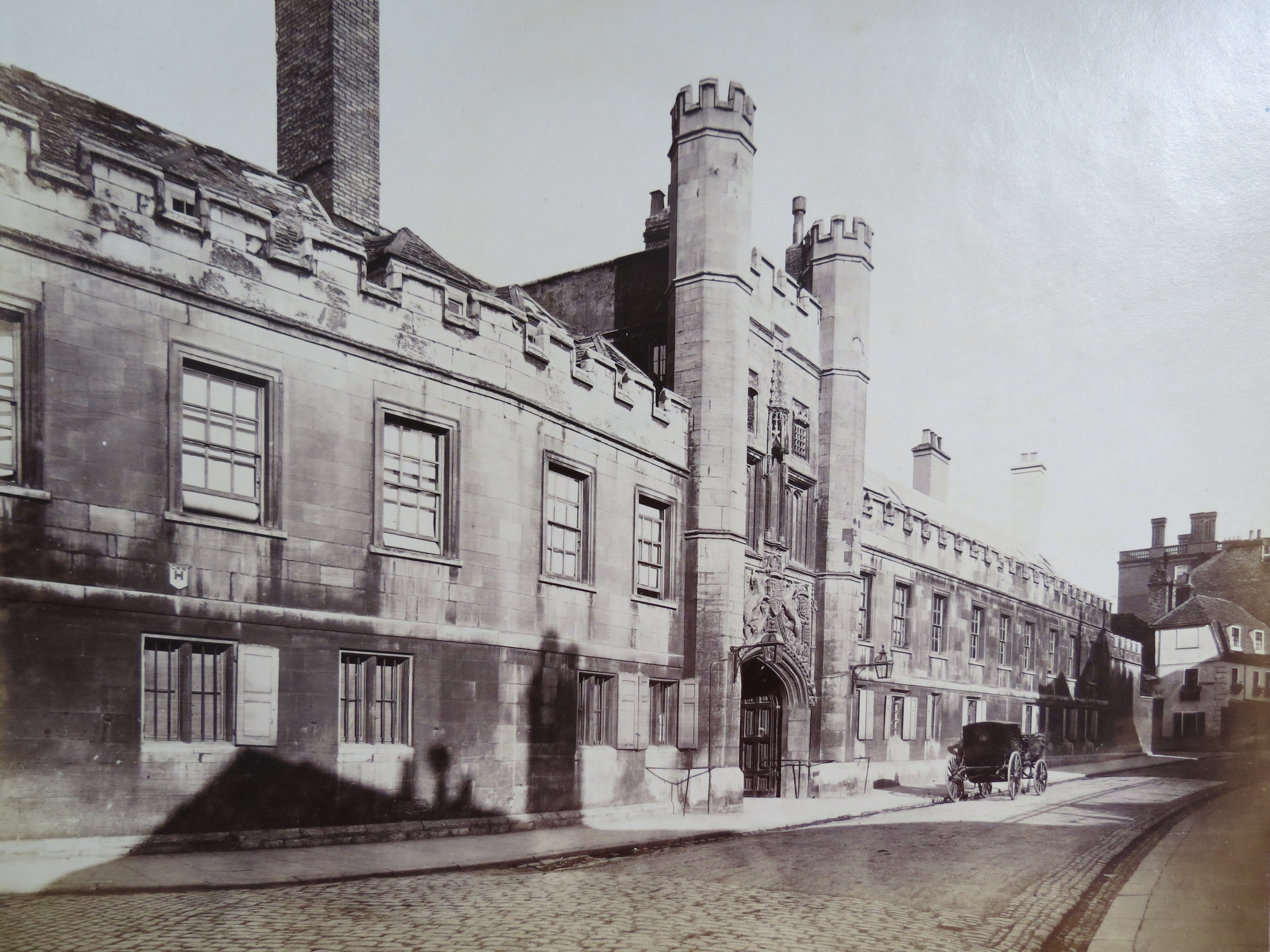
Photo from Kimberly Blaker, New Boston Fine and Rare Books.
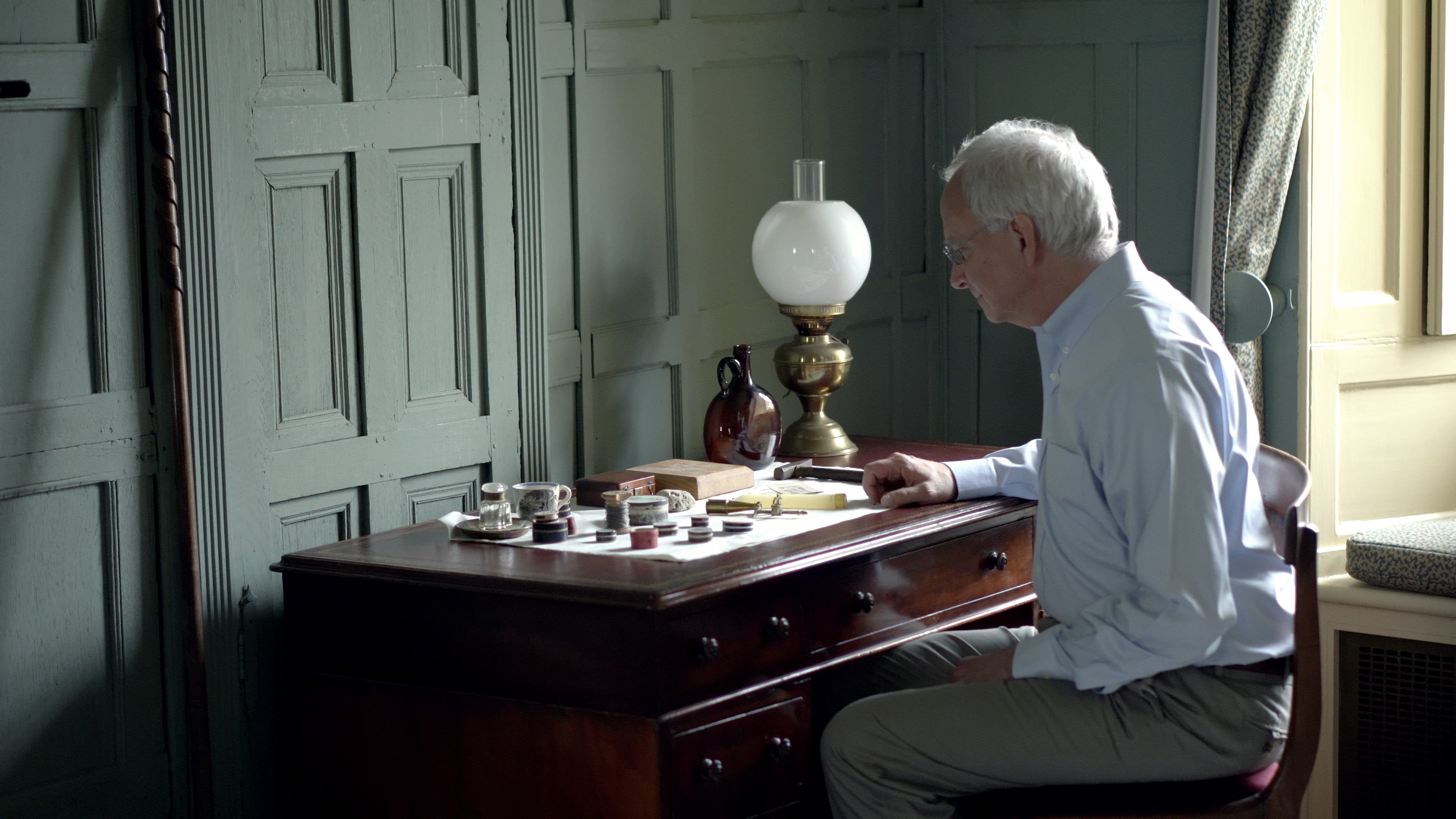
© EXPeditions
If you are in a place like this, you feel Darwin’s exceptionalism in our own time and historically. You can almost smell Darwin in here. You can certainly see the things he had around him, the kind of objects that he would have had. One of my favourite items here is a portrait of Leonardo da Vinci that he had. Darwin had exceptional people that he thought about as well.
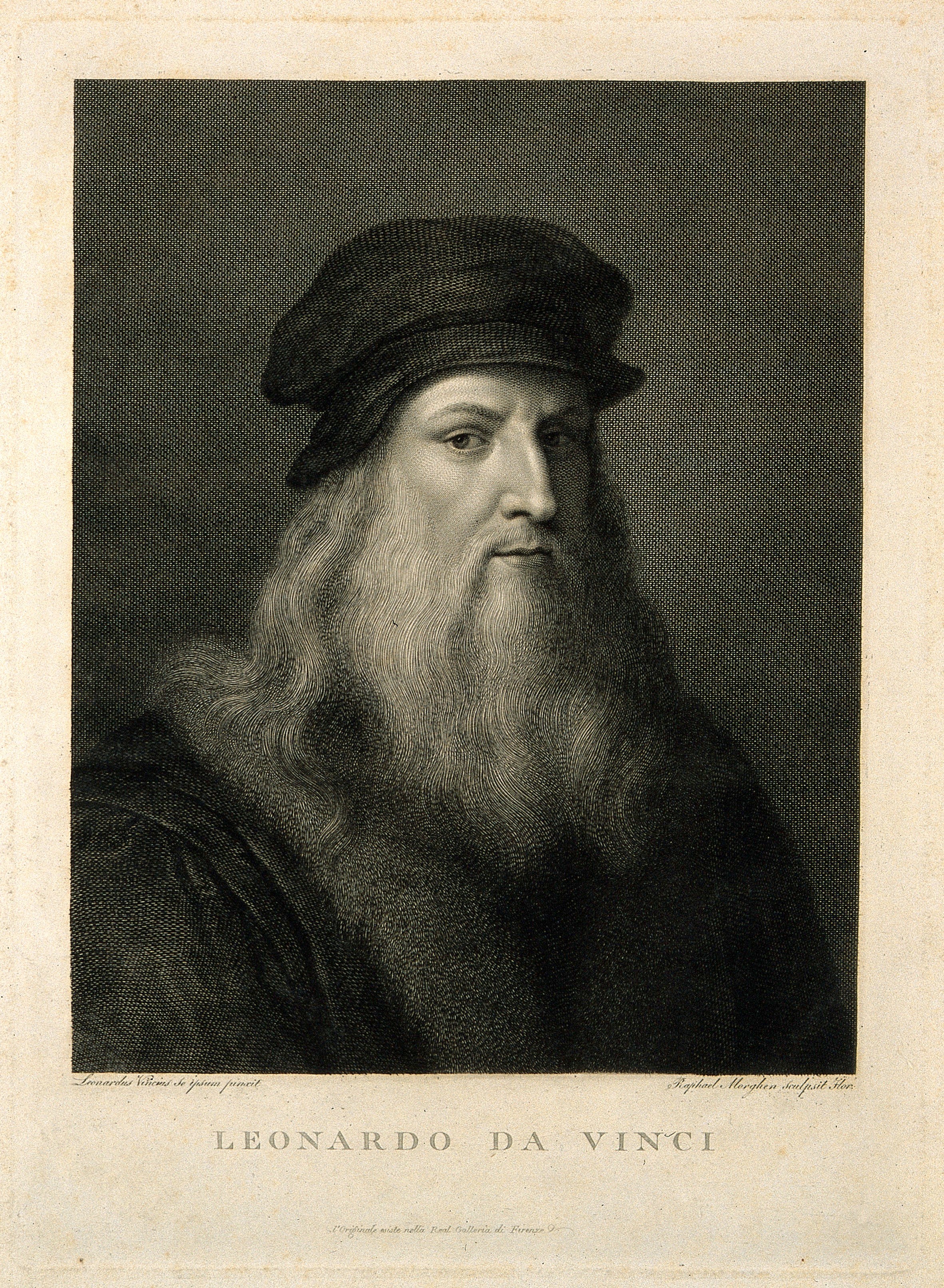
Line engraving by R. Morghen. Image courtesy of Wellcome Collection
When thinking about Darwin, it’s essential not just to assume he’s extraordinary but to consider what function exceptional people serve for us. I think Darwin is clearly exceptional because he made us think about the place of humanity in nature – not just that we’re in nature but that we’re part of nature.
A student of the natural sciences
Darwin came to Cambridge after his time in Edinburgh studying medicine. His father was really disappointed about this because he had hoped that Darwin would become a successful doctor. But Darwin wasn’t cut out for that. He couldn’t stand the sight of blood.
Eventually, Darwin went to Cambridge to be trained as an Anglican priest, but his real passion is the natural sciences. The natural sciences occupied a very curious position in Cambridge at this time. They weren’t something you could study in detail. Instead, there were lectures given to help clergymen so that they could resist the attacks of atheists and others.
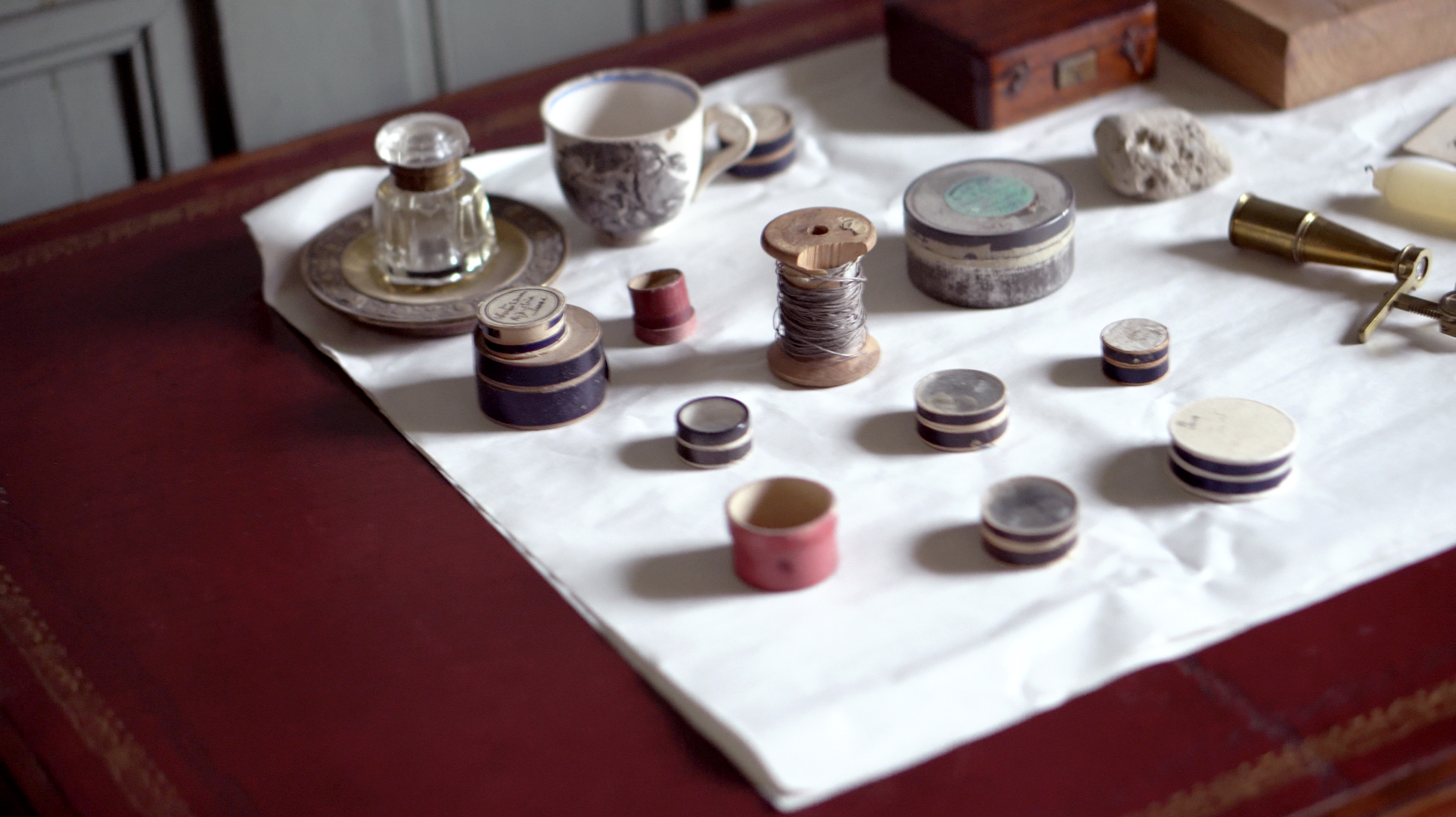
© EXPeditions
Through this education, Darwin could explore his interests in natural history that he had already developed in Edinburgh. He’s a very keen beetle collector, and he develops an interest in geology. In fact, he plans a short trip to Tenerife in the Canary Islands. This proves to be a much longer trip when he’s invited to go on the Beagle voyage. As it were, this is the exceptional moment in Darwin’s life, the point at which he’s suddenly able to transcend the simple life of a clergyman and instead becomes someone who has seen a considerable part of the world.
As Darwin admitted himself, this voyage was the crucial event of his life. He goes around the world for about five years and sees an incredible array of different peoples and different kinds of animals and plants. He not only explores the present distribution of animals and plants, but he explores it in terms of time as well. His mind ranges back into the formation of the Andes. He sees an earthquake raise mountains and destroy a great city. He sees coral reefs being formed in the Pacific. Indeed, to appreciate Darwin, you really have to imagine him on the equivalent of a three-dimensional David Attenborough natural history film for five years, seeing this fantastic array of nature.
Collaborating in London
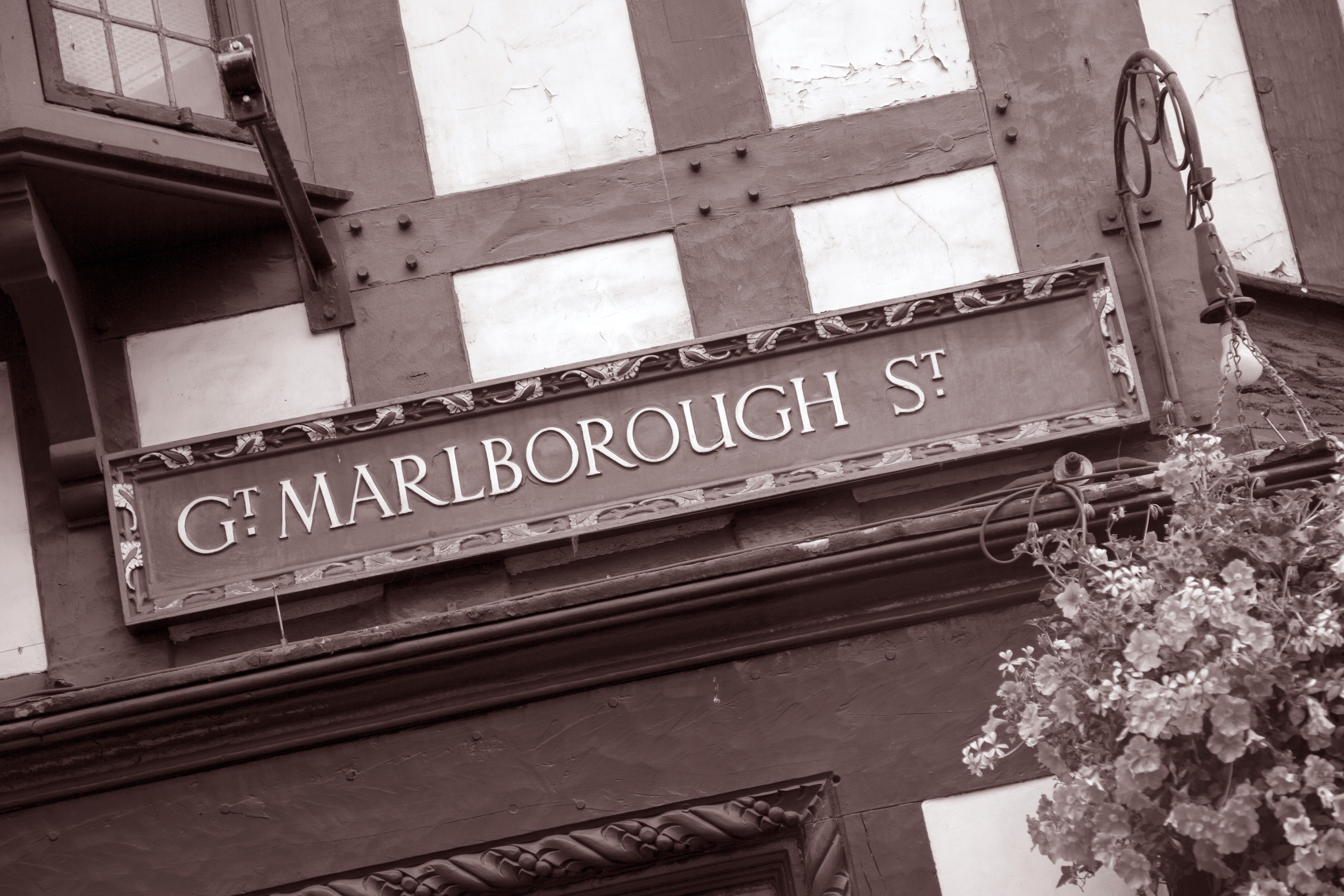
Photo by Kevin George
Many people assume that Darwin discovered and made his great accomplishments on his voyage. Although he did many important things, he didn’t end the voyage convinced of evolution. Furthermore, he hadn’t discovered natural selection, the principle by which evolution works. This happened only when he came back to London.
From 1837 through the early 1840s, Darwin’s time in London was another exceptional time in his life. About that time, he’s in his late 30s. He’s also collaborating with expert scientists in London as he is thinking through humanity’s most profound problems. So, in terms of Darwin developing a theory of evolution, we shouldn’t think about the Galapagos, although they are essential. We also shouldn’t even think about the finches.
Instead, we should think about London. It’s near Carnaby Street, on Great Marlborough Street, where Darwin discovers the principle of evolution by natural selection. And it’s a significant moment for him. This is his exceptional moment because this is when he cracks the problem of how new species, including humans, may have come into existence.
Furthermore, when thinking about exceptional people like Darwin or Leonardo da Vinci, it’s important to recognise that they draw on the resources and problems of their own time. One of the things I find remarkable about Darwin is how he’s able to pull together different aspects of the culture around him. On one level, he’s interested in classifying birds. He identified a lot of birds in the Galapagos. He thought they belonged to different families, and, in fact, they are all different kinds of finches. He also does this with mockingbirds.
Classifying birds makes him reflect. He draws on the expertise of friends, particularly the ornithologist John Gould. He undertakes this scientific exercise while working on a broad range of philosophical, religious and economic problems that he’s also interested in. Darwin does this because he realises the problem of species will not be solved by just working on specific taxonomic or classificatory issues. It must be thought of in terms of the place of humans in nature. So, he’s reading all sorts of books at this time – philosophical books, religious books and books on political economy.
The Principle of Population
One of these books is Thomas Malthus’s An Essay on the Principle of Population, published in 1798. Here, Malthus argues that there’s going to be a shortage of resources. The population is going to increase faster than the food supply. This means that just a few are going to survive. In other words, there will be a lot of death.
Darwin combines this realisation of the significance of death within populations with the problems of origins. He is able to show that, because there’s so much death, it’s only those that are best adapted that are going to survive. These individuals have the right characteristics compared to others to reproduce. Very gradually, over time, these individual differences add up to make significant differences.
This realisation is crucial for Darwin’s thinking. He thereby realises small, individual differences ultimately produce new species. Interestingly, by thinking like this, he is solving a scientific problem by reading a work in political economy. In fact, Malthus’s essay is a very controversial work, one that was being used to make British laws about how the poor shouldn’t be allowed to reproduce because they might actually be inferior. It’s important to think about the relationship between these broad philosophical and economic texts and the significant theory he then develops.
A Victorian celebrity
Darwin was exceptional as a Victorian. He became famous, and, in 1859, after publishing On the Origin of Species and his ideas about natural selection, he really becomes a celebrity. During this time, you could buy carte de visite photographs of Darwin. He begins to appear in the newspapers and periodicals. As gorillas start being brought back from Africa, there is a considerable gorilla craze in which Darwin’s On the Origin of Species becomes tied up in all sorts of surprising ways.
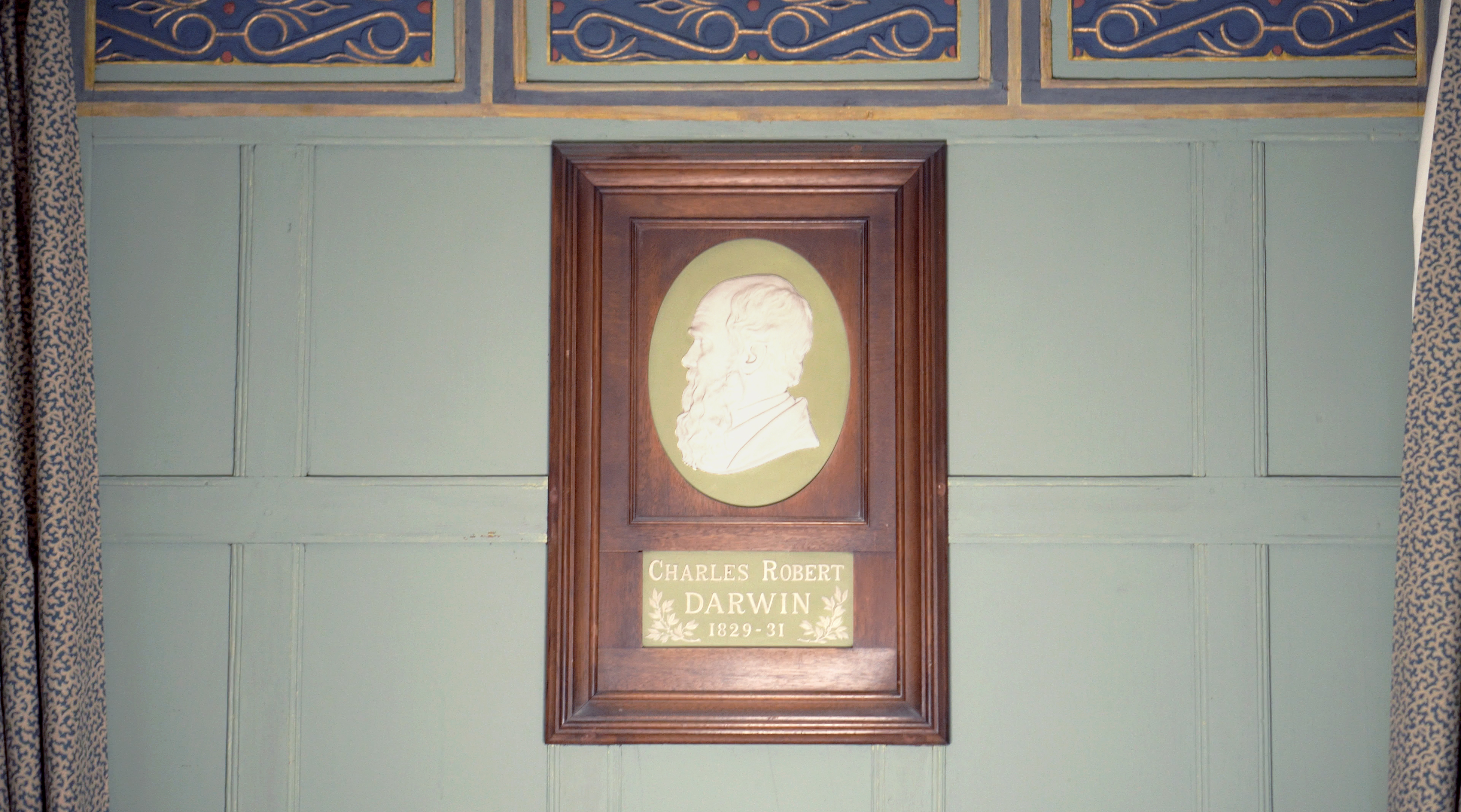
© EXPeditions
By the end of his life, Darwin is so famous that, on a rare occasion, he goes to a public meeting and when he walks into the auditorium, people start clapping. Ironically, he thinks it’s because the speaker must have come on the stage, but it’s actually because he has entered the room.
One of my favourite examples of Darwin’s fame occurs while he’s at home, at Down House. Various delegations come to visit him from the north of England and even from Germany. Famous naturalists like Ernst Haeckel also visit. Thomas Henry Huxley is a friend and comes quite often. Many, many people come to see Darwin. There’s even an Australian working man who’s so excited to see Darwin that he runs to the door of Darwin’s country house, shakes Darwin’s hands very vigorously, and then runs away again.
Darwin and the Victorian media
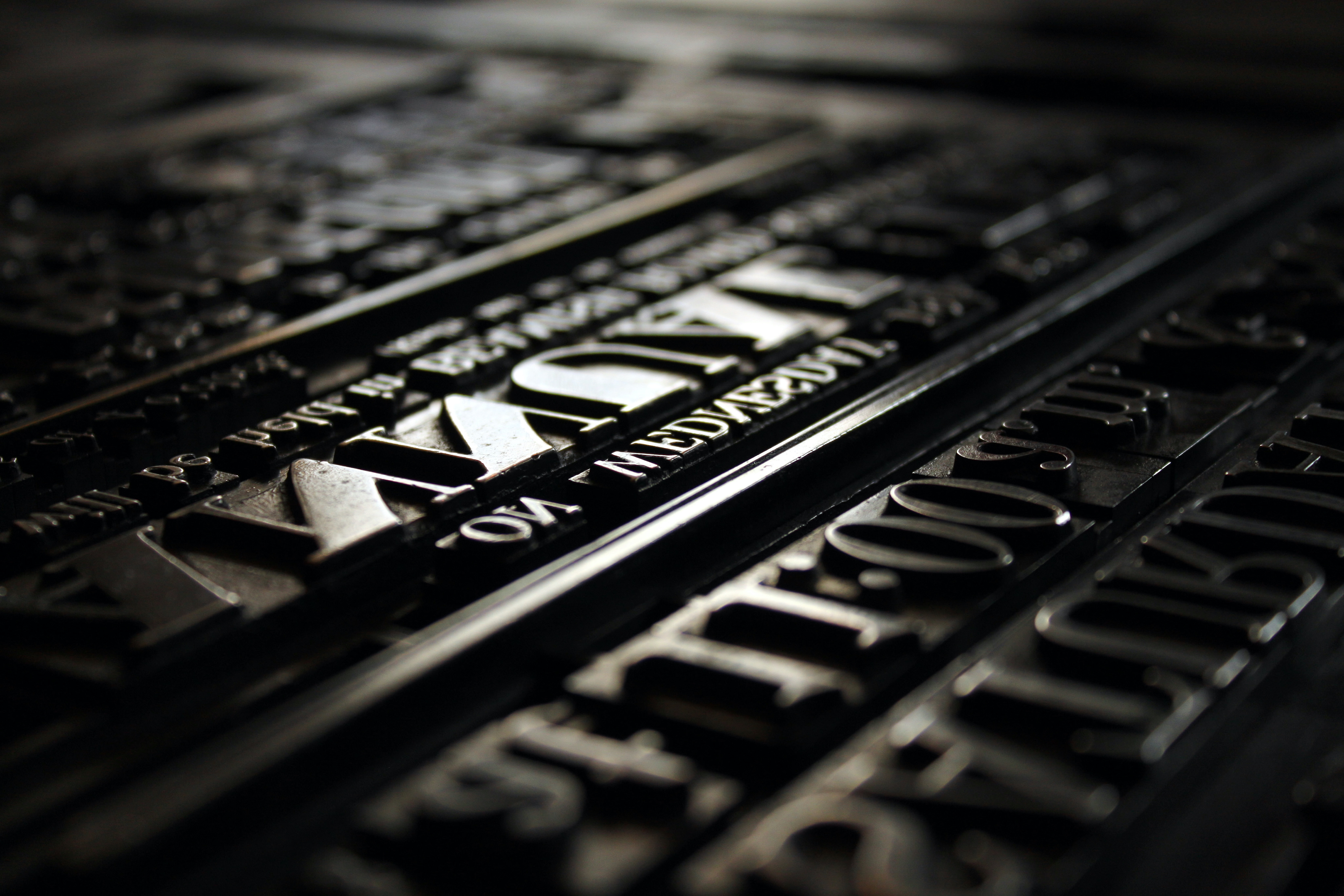
Photo by RossEdwardCairney
Indeed, Darwin is very much somebody who’s on the map in Victorian Britain. The newspapers and the public media effectively make Darwin into this huge figure. He is someone whom people admire, think about and use to work through various problems.
When thinking about Darwin, it’s important to realise that his exceptionalism arises from his abilities and discoveries as well as the media of the 19th century. The media of this period has similarities to the media of our own time. It’s something that makes Darwin a more prominent figure in comparison to those around him. Few people have ever heard of the individuals who helped him when he was in London, people like John Gould. But Darwin is a figure that everybody knows.
Overall, there’s a way in which exceptional people rise to become something we can recognise and identify. However, they also inevitably erase those around them and become something that’s larger than life. And that, I think, is partly what being exceptional means. It’s the result of this combination of individual characteristics within the context of the public media.
Discover More About
Darwin’s exceptionalism
Darwin Correspondence Project. (n.d.). Retrieved November 13, 2020.
Secord, J. (2008), ‘Introduction’, in Charles Darwin, Evolutionary Writings (Oxford University Press), vii-xxxvii.
Secord, J. (1991). The Discovery of a Vocation: Darwin’s Early Geology. The British Journal for the History of Science, 24(2), 133–157.